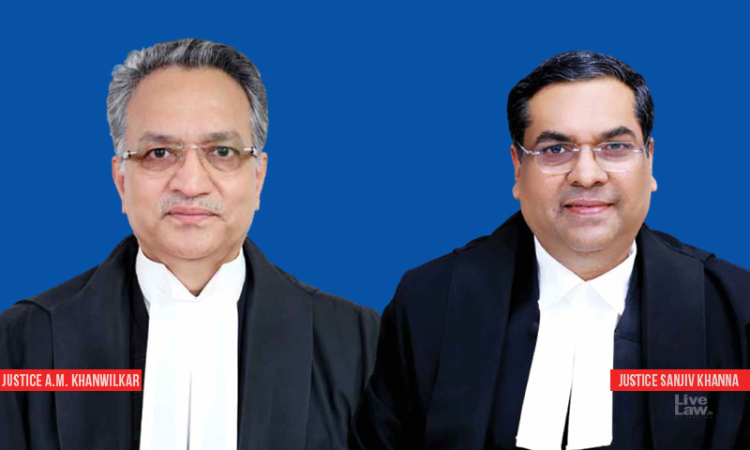Mens Rea As Intent Not Required In Medical Negligence Cases: Supreme Court
LIVELAW NEWS NETWORK
8 Aug 2021 10:29 AM IST

Next Story
8 Aug 2021 10:29 AM IST
The Supreme Court observed that mens rea as intent is not required in a case of medical negligence.The bench of Justices AM Khanwilkar and Sanjiv Khanna observed that before summoning the accused in a criminal medical negligence complaint, the complainant has to lead medical evidence or examine a professional Doctor by the complainant in support of his case made out in the complaint.In this...
